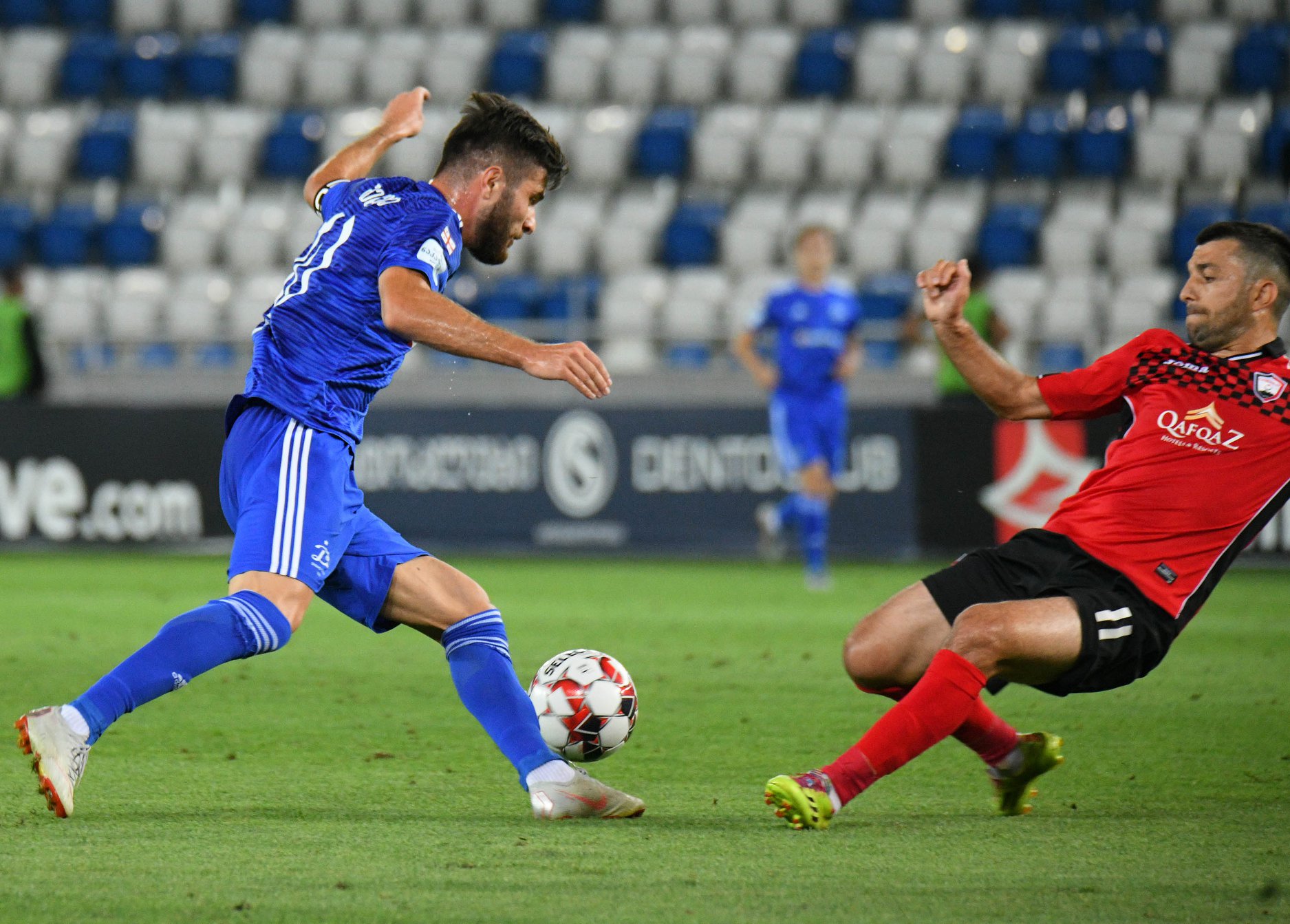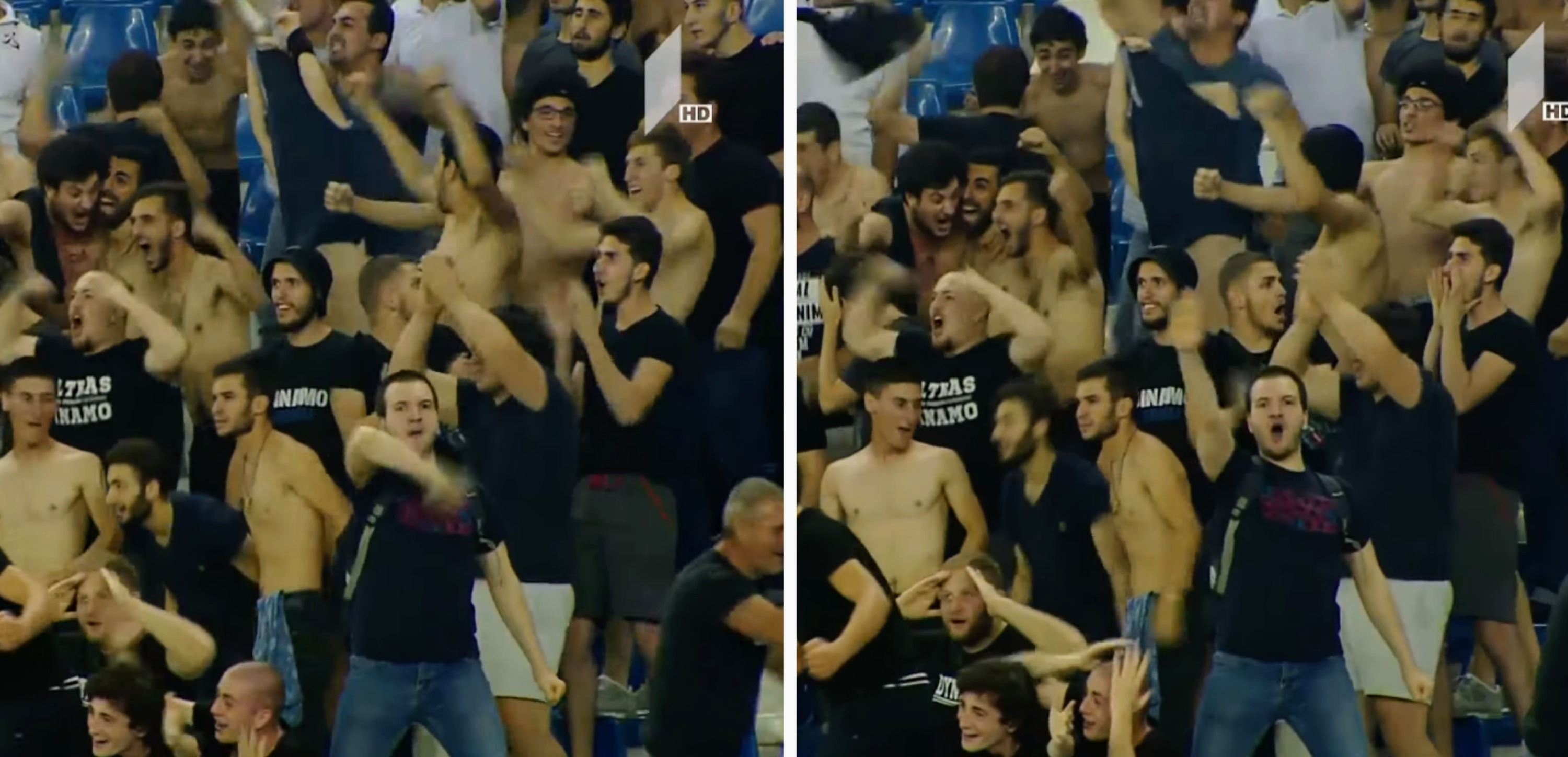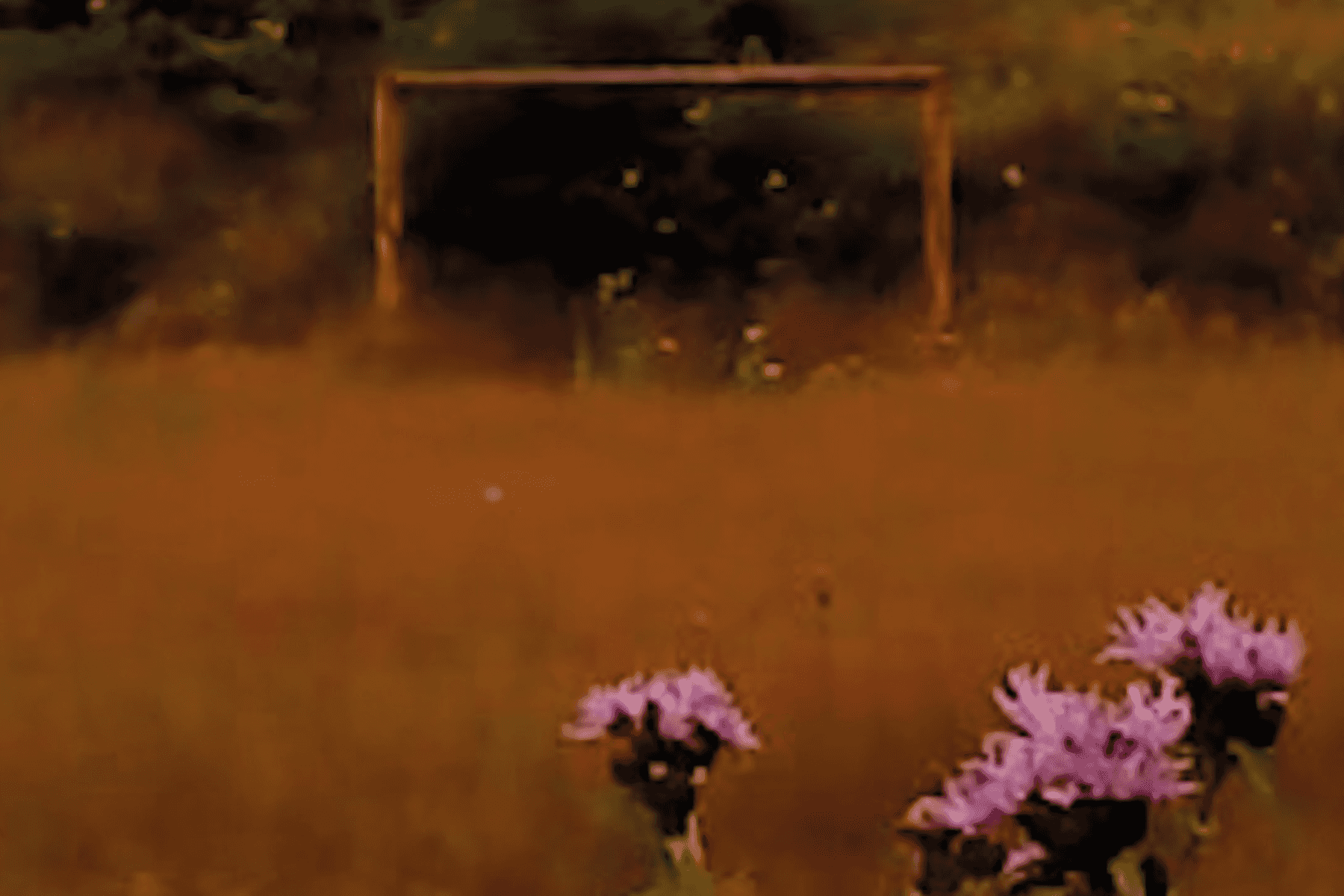

FC Dinamo has been fined for allegedly racist behaviour by its fans during a recent Europa League game.
UEFA has fined Georgian football club Dinamo €50,000 ($56,000) for the ‘racist behaviour of its supporters’, a violation under Article 14 of UEFA Disciplinary Regulations.
As an additional penalty, on 15 August, Dinamo will have to host the next game of the 2019-2020 Europa League with empty stands.
FC Dinamo Tbilisi told OC Media that the reason behind the sanction was a banner prominently featuring the number ‘88’ that was displayed by some of their supporters during the match with Azerbaijani club Gabala in Tbilisi on 1 August.
They said they have appealed the penalty and that they expect an answer from UEFA in the coming days.
A misunderstanding?
Among hate groups, ‘88’ is traditionally used to stand-in for ‘HH’ — ‘H’ is the eighth letter of the alphabet — an abbreviation of the nazi slogan ‘Heil Hitler’.
Some white supremacist groups also use the paired numbers as part of ‘1488’, a combination of the white-supremacist ‘14 words’ (‘We must secure the existence of our people and a future for white children’) and the Nazi slogan.
However, Dinamo representatives as well as their fans insisted that the numbers on the banner referred not to any hate slogans, but to 1988, the year Dinamo fan club made their debut, and that the same banner also included the phrase ‘Old School’, a reference to that tradition.

As UEFA never specified the exact details of the incident, and what actions of Dinamo fans they deemed ‘racist’, some on social media have speculated about other possible reasons.
In the recording of the live broadcast of the play, one young man among the Dinamo Ultras fan club is visible giving a Nazi salute, ironically, after Dinamo’s Ghanaian striker Kwame Karikari scored the third goal for the Georgian club.

‘For unsuspecting people, this could mean […] just 1988, but 14/88 is a common combination used by many football fan sub-groups’, Keti Sartania, a sociologist studying far-right groups in Georgia, told OC Media.

‘There are different groups among football fans — Gladiators, Fanebi (fans), Elita (elite), Ultras. Some of them say they don’t go beyond supporting the football teams, but some of them are visible at ultra-nationalist rallies [in Georgia]’, Sartania said.
In response to a query from OC Media, FC Tbilisi Dinamo refused to comment in detail on the problem of radical ideologies among football fan clubs, simply insisting that the penalty was a mistake, and adding that ‘there is no such problem in our club’.
Previous matches between FC Gabala and FC Tbilisi within the Europa League tournament had previously sparked incidents of aggressive nationalism.
In 2014-15, fans of both teams complained about flag-burning during the matches, both also accused each other of displaying revisionist maps with territorial claims towards the other country.
On 8 August, UEFA also ordered Dinamo to display an #EqualGame banner in their home stadium.
The hashtag is part of a campaign by UEFA against intolerance and racism in football.
[Read more on OC Media: Georgians divided over football captain’s #EqualGame award]









